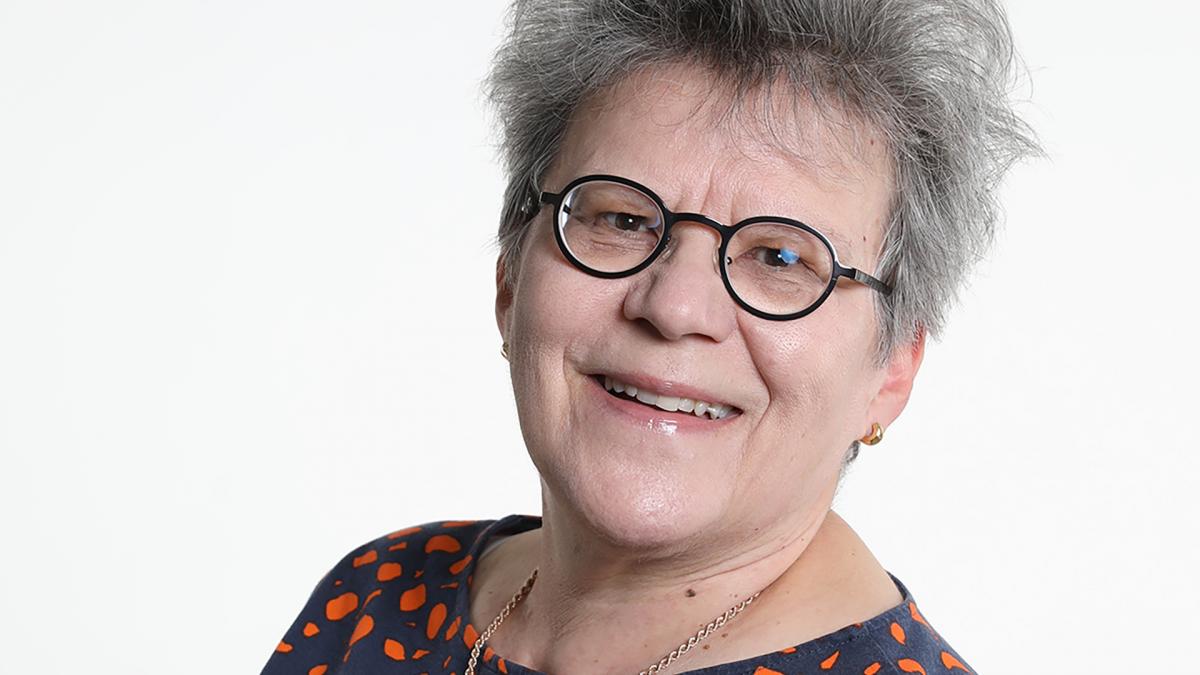Get to know the artist: Soile Isokoski encourages singers to compete mainly with themselves

World-renowned soprano Soile Isokoski has been granted the title of docent in vocal arts at Uniarts Helsinki. She is a highly regarded artist and pedagogue who has previously worked as a visiting professor at the Sibelius Academy. In Finland, the title of docent can be awarded by a university in recognition of a person’s scientific and educational merits, and although not fully equivalent, the title is sometimes translated as associate professor in international contexts.
Isokoski is grateful to receive the docentship. In the autumn of 2020, she decided that she would no longer perform in public, but would focus on teaching at both the Sibelius Academy and Oulu University of Applied Sciences. At the same time, she actively maintains her own singing skills. With the help of the docentship, the Sibelius Academy wants to hold on to her unique skills.
“For me, this setting offers a fantastic window into Finnish vocal potential – we currently have a wide range of good singers,” says Isokoski.
Her students have described Isokoski as a strict but understanding pedagogue. For her, the most important qualities of a teacher are patience and a good sense of humor.
“I want to hold on to the original language and genre-specific details of each individual song, but at the same time I try to observe which direction the student’s voice is developing. For me, it is important to get to meet and teach students at all levels. Sometimes it takes time to figure out what you need to be working on with each student.”
“It’s not worth singing for applause”
Isokoski points out that technically, singing is not rocket science; the technical issues can most often be taught and studied. It is more important that the artist dares to be open and sense how music passes through the body, voice, and personality, and to accept them as they are.
“Becoming an artist is an exciting symbiosis of reason, heart and technical know-how. If you are constantly dissatisfied with yourself as a singer, it will also be seen and heard. Music is like speech from one individual to another – speech from heart to heart. Even the smallest details can be beautiful in it. You have to learn to be a mediator of music – it’s not worth singing just for applause.”
“Go international – but on your own terms”
A professional singer needs patience, humility, and mercifulness. Isokoski hopes that young aspiring singers have patience on their career paths. In her experience, Sibelius Academy students often already have a clear view of what they want to do as artists. However, the professional world often presents an impossible equation; you should be young and professionally experienced at the same time.
“It feels like young singers, especially from the Helsinki metropolitan area, rush to compete and perform early on. I wish they could calmly focus on their voices first and take the time to reflect on their own thoughts; do I want to be a performing singer – and if so, what kind of a singer? It would be best to compete mainly with yourself. Finding your own voice requires patience.”
Isokoski, having had a long international career as an artist, pedagogue and a member of various juries, still urges young people to go international.
“I encourage students to go out into the world, but on their own terms. You also need to return home intact.”
Docents develop training
According to the Universities Act, a university may, upon application, award the title of docent to a person who has thorough knowledge of their own field, the ability to perform independent research or artistic work and good teaching skills demonstrated by publications or in some other way. Markus Utrio, vice dean of classical music at the Sibelius Academy, considers the value of a docentship to be one of the good ways to involve high-level professionals in the development of the field of music education.
“It’s great that Soile Isokoski can continue her work with our Sibelius Academy students,” says Utrio.